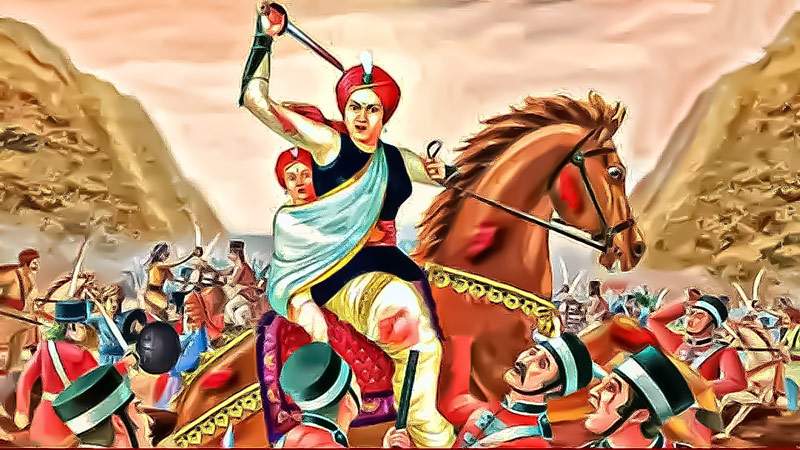
| Freedom Fighters name | Man Freedom Fighters | Woman Fridom Fighters | HOME |

Born: 19 November 1828, Varanasi
Died: 18 June 1858, Gwalior
Full name: Manikarnika Tambe
Famously Known As: Manu
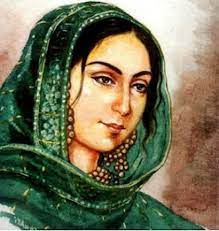
Born: 1820, Faizabad
Died: 7 April 1879, Kathmandu, Nepal
Famously Known As: Begum of Awadh n

Born: 13 February 1879, Hyderabad
Died: 2 March 1949, Lucknow
Education: King's College London (1895-1898),
Children: Padmaja Naidu, Leelamani Naidu, Jayasurya Naidu, Randheer Naidu, Nilawar Naidu
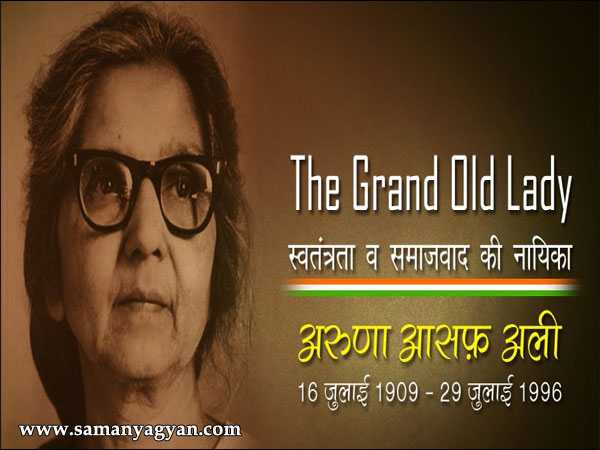
July 16, 1909-July 29, 1996
Aruna was an active member of the Congress Party.
She had participated in public marches during the Salt Satyagraha.
29 July 1996 (aged 87) New Delhi, Indi
International Lenin Peace Prize (1964) Jawaharlal Nehru Prize (1991) Padma Vibhushan (1992) Bharat Ratna (1997)

Born 25 March 1920 Gujarat, India
Died 11 August 2000 (aged 80)
Education PhD in Gandhian thought
Known for Gandhian and freedom fighter of India
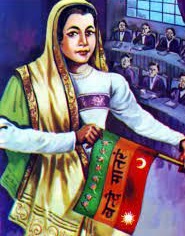
Born 24 September 1861 Navsari, Bombay Presidency, British India
Died 13 August 1936 (aged 74) Bombay, Bombay Presidency, British Indiai
Organisation(s) India House, Paris Indian Society, Indian National Congress
Movement Indian independence movement
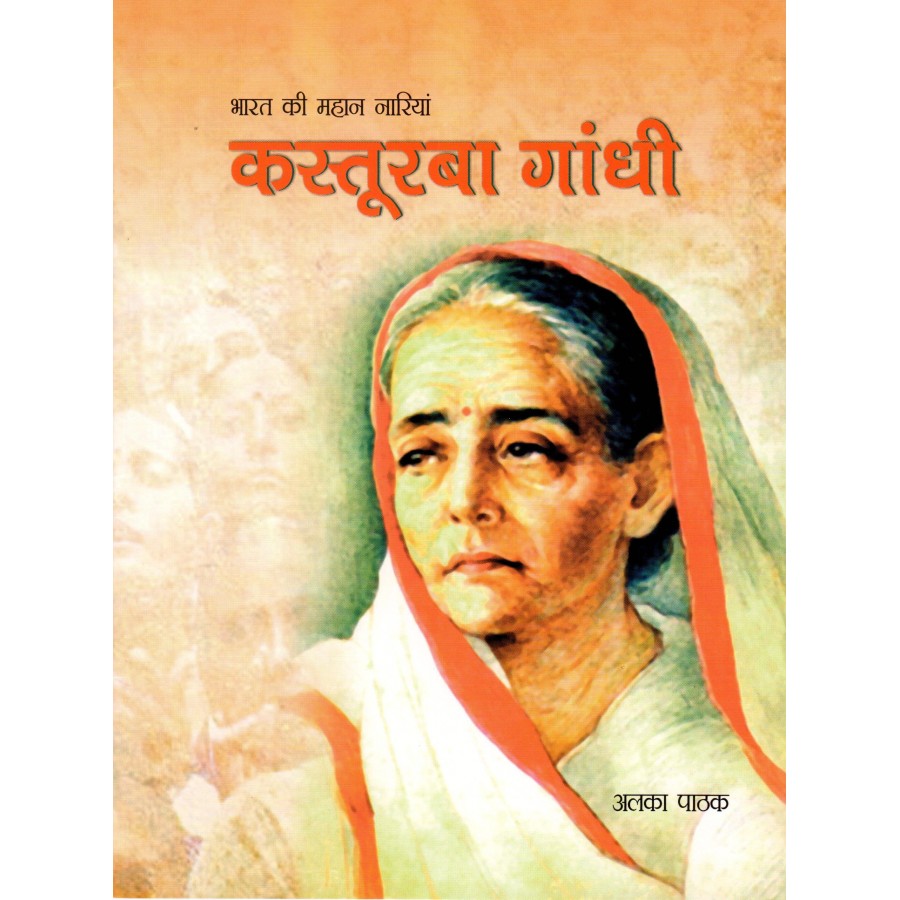
Born Kasturbai Gokuldas Kapadia 11 April 1869 Porbandar, Porbandar State, Kathiawar Agency, British Ra
Other names Kasturba Mohandas Gandhi Kasturba Gokuldas Kapadia
Died 22 February 1944 (aged 74) Aga Khan Palace, Pune, Bombay Presidency, British India (now Maharashtra, India)
Spouse Mahatma Gandhi (m. 1883)
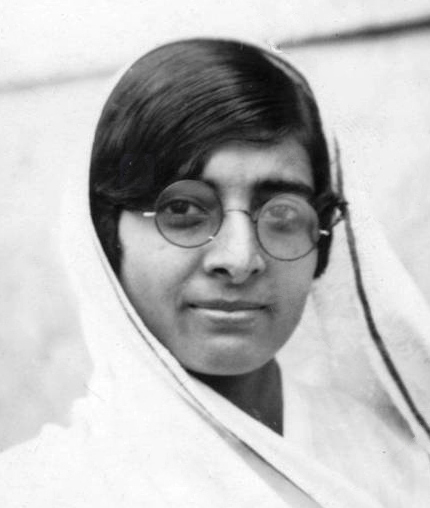
Born Kamala Kaul 1 August 1899 Delhi, British India
Died 28 February 1936 (aged 36) Lausanne, Switzerland
Spouse Jawaharlal Nehru (m. 1916
Relatives Kailas Nath Kaul (brother

Born Annie Wood 1 October 1847 Clapham, London, England
Died 20 September 1933 (aged 85) Adyar, Chinglepet District, Madras Presidency, British India (now Chennai, Tamil Nadu, India
Known for Theosophist, women's rights activist, writer and orator
Movement Indian independence movement
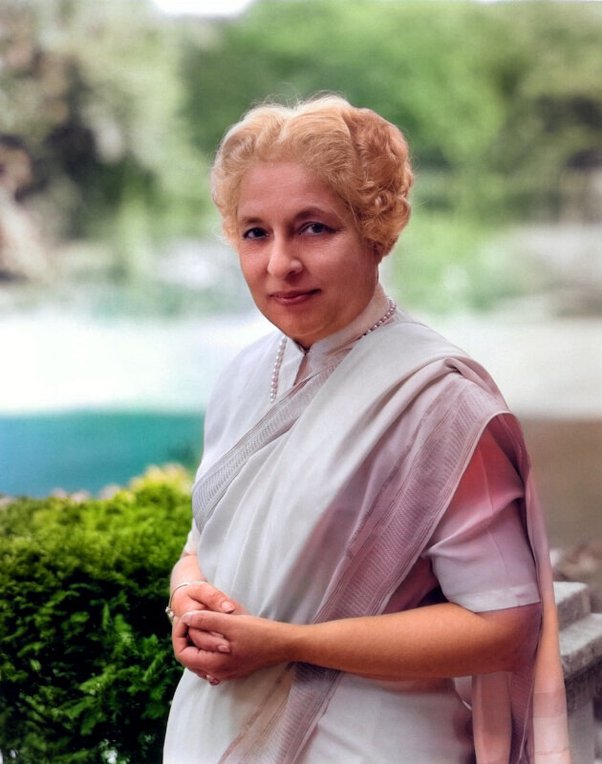
In office 15 September 1953 – 21 September 1954[1]
Succeeded by Eelco N. van Kleffens 6th Governor of Maharashtra In office 28 November 1962 – 18 October 1964
Born Swarup Nehru 20 August 1900 Allahabad, North West Provinces, British India (present day Prayagraj, Uttar Pradesh, India)
Died 1 December 1990 (aged 90) Dehradun, Uttar Pradesh, India